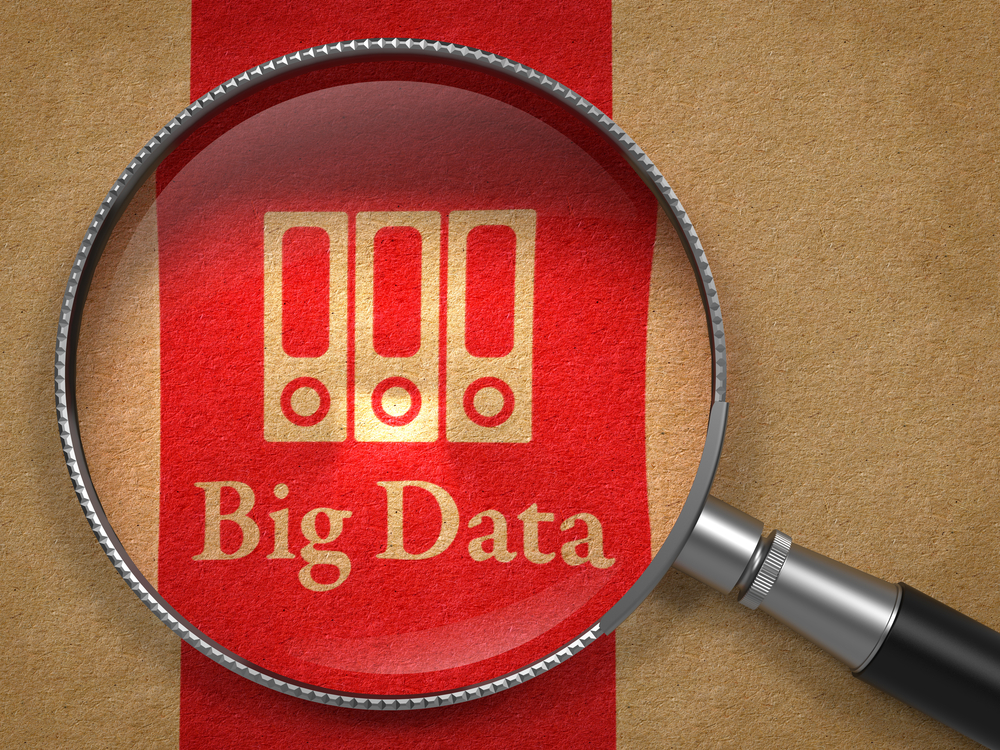Excitement around the Internet of Things has been building for a while now, and the industry has made big strides over the past few years. Companies and organisations from right across the world are developing and researching transformative connected technologies and solutions, from driverless cars to smart homes.
The statistics show just how big an opportunity IoT truly is. In 2008, connected technology outnumbered the world population. And by 2020, there’ll be 50 billion internet-enabled objects, according to Cisco. IoT will be an industry generating trillions, and it’s pretty astonishing to say that this is all only a couple of years away.
Although there’s no denying that the IoT market is in the early stages and that there’s a lot more room for it to grow, we’ll more than likely continue to see even more successes over the next year. 2017 is just upon us, and it’ll no doubt be big for connected tech. We talk about some of the big trends that could emerge.
Continuing its relevance
While the Internet of Things is still nurturing and developing, the industry is highly relevant today. Consumers have access to a wide variety of connected technology, such as wearables and smart fridges, and businesses are using IoT systems to streamline operations and better understand their customers.
In 2017, adoption rates will continue to grow. However, companies will show an ever bigger interest in connected technology and software. Peter Tsai, IT analyst at Spiceworks, believes that IoT will trump trends such as AI and VR. Firms understand the power of IoT and are constantly exploring ways they can benefit from it.
“The IoT will continue to lead the way in 2017, ahead of trends such as AI and VR, in terms of its relevance for the workplace and IT professionals’ adoption plans. We will see greater levels of adoption of IoT than other such key trends over the next 12 months,” he says.
“We know that 79 percent of IT professionals will find a use for IoT devices in the next three to five years. Employees from businesses all over EMEA are making it clear to us that the IoT will continue to drive real value for businesses with use cases that the likes of VR are largely failing to provide.”
Security will improve
There’s a lot of positivity surrounding the Internet of Things, mainly because it’s capable of delivering many different benefits in our personal and working lives. Of course, that’s not to say the industry doesn’t have its negatives. It certainly does, and security often comes on the top of that list.
Well, 2017 could result in improved IoT security. Daryl Miller, VP of engineering at networking technology company Lantronix, predicts that manufacturers will develop and deploy more capable platforms for connected hardware. This, he points out, is already being done in industrial contexts.
“Security will be the hot IoT topic of 2017. Smart home devices are built on security platforms that just don’t protect against hackers; as more people connect a greater variety of devices, hacking horror stories are closer,” he tells us.
“So in 2017, we’ll see a growing number of devices built around more sophisticated platforms, the same used in industrial and business applications, to give smarter, more secure IoT devices.”
More IoT partnerships
IoT is a vast and complex, so it’s quite common to see companies form partnerships in a bid to get the most of this technology. Lynn Collier, COO of UK & Ireland at Hitachi Data Systems, says partner organisations will continue to support firms in 2017 to harness the potential of IoT technology and solutions.
“Organisations are already unlocking value from IoT and we are all aware of the real business benefits it can bring to an organisation. In 2017, partner organisations – with their sector-specific insights, specialist knowledge and collaboration partnerships – will play a critical role in helping companies to integrate IoT into their current infrastructure or new cloud-based services in a way that will yield business-critical data and insights, she says.
Collier would also like to see companies and organisations push for more training and education in the field of connected technology. “Algorithms and connected devices and systems will continue to take hold in our lives, and as a result, giving skills to our students and workers should be a priority in 2017,” she adds.
“Ultimately consumers and businesses already expect a ubiquitous experience across all devices, platforms and with all vendors, but we need the skills to make the most of these technologies. Enterprise technology has come so far in such a short time, but in order to push through the next big hurdle, we must ensure businesses and our students have the right skills to get the job done.”
Technology is evolving rapidly, and we’ve already seen a number of major advancements in the world of connected technology. 2017 won’t be any different. Of course, it’s near impossible to know everything that’s going to happen in the future, but we’re more than confident that IoT will keep growing.









